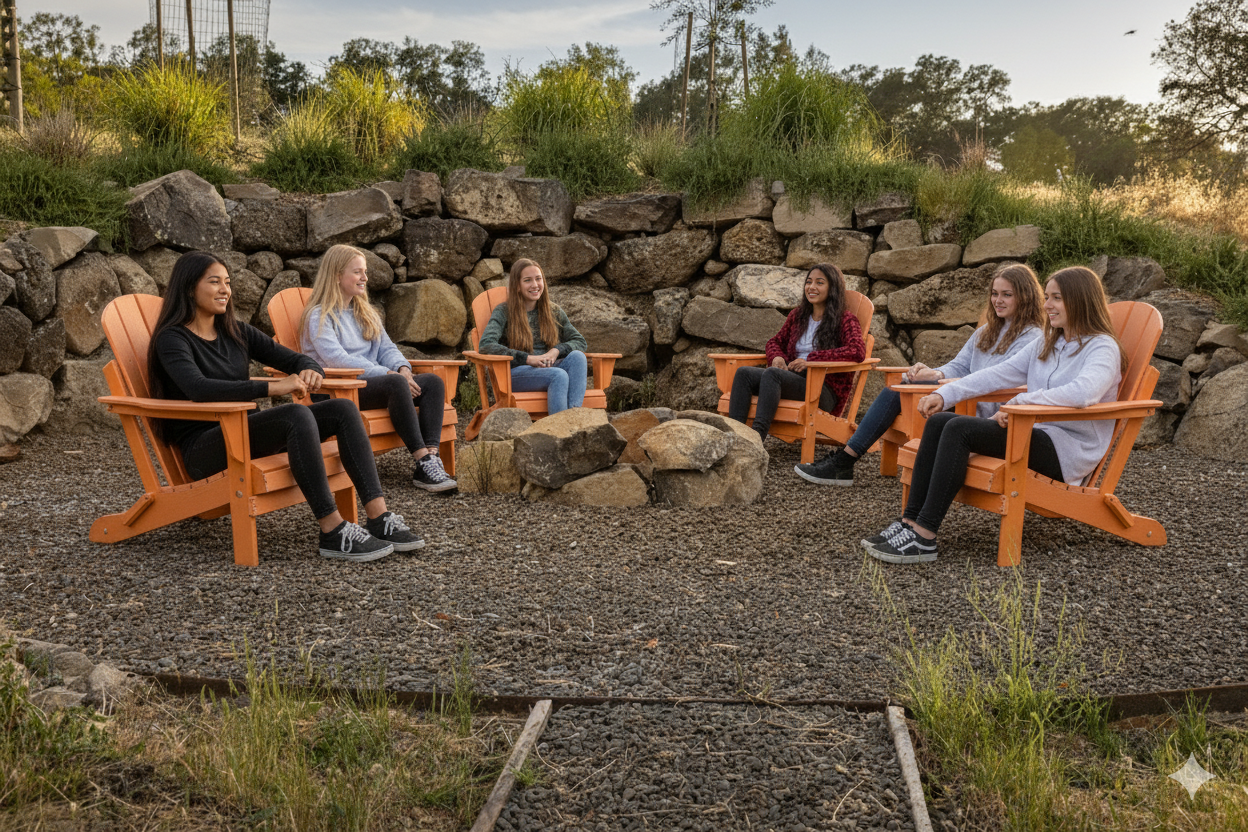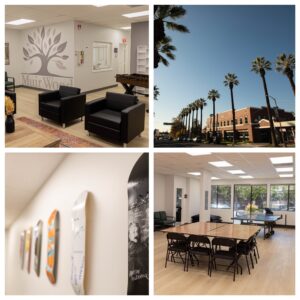A survey of about 2,500 teenagers found that most teens are not asked by their doctors about their drinking behaviors. Of the participants, about 80 percent had gone to their physician within the last year, but only 54 percent had doctors who inquired as to whether or not they drank alcohol, and only about 40 percent were given warnings about the danger of drinking during their teen years.
The survey was conducted by the National Institute on Alcohol Abuse and Alcoholism (NIAAA) and reported in MedicalXpress. The study results, published in the journal Pediatrics, found that 34 percent of the teen participants had indulged in alcohol in the month prior to being surveyed. Ralph W. Hingson, ScD, MPH, was lead author of the study and says that about 26 percent reported behaviors that could be classified as binge drinking—that is, drinking four drinks (for women) or five drinks (for men) in a session.
Kenneth R. Warren, PhD, is the NIAAA acting director. In a news release, he said, “Alcohol is by far the drug of choice among youth. The findings reported by Dr. Hingson and his colleagues indicate that we must redouble our efforts to help clinicians make alcohol screening a routine part of patient care for young people in the United States.”
The study authors suggest that asking two simple questions during routine checkups could be enough to ascertain whether or not teens need further intervention in the way of alcohol abuse treatment. Three different two-set questionnaires have been created for the purpose of addressing three different age groups:
- Elementary school children over the age of 9
- Middle school children ages 11 through 14
- High school kids between the ages of 14 and 18
The goal is to identify kids who have the potential to develop an alcohol abuse issue and to catch any alcohol problems early in their development. Early treatment has been proven time and again to be most effective in helping people to overcome substance abuse. Additionally, implementing an intervention in the pediatrician’s office can complement efforts at home and school to help make sure that fewer teens fall through the cracks.
If Your Teen Is Drinking
Don’t wait to intervene if your son is drinking alcohol and unwilling or unable to stop. Contact us today at Muir Wood to learn more about our teen-specific treatment programs designed to help your son stop abusing drugs and alcohol and start living a life characterized by positive choices.









